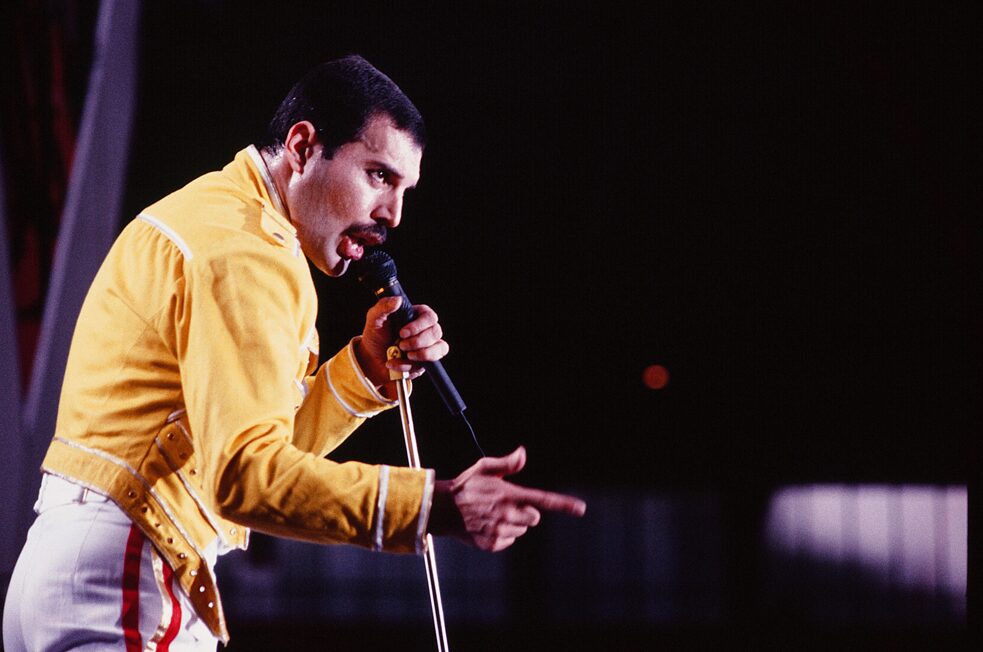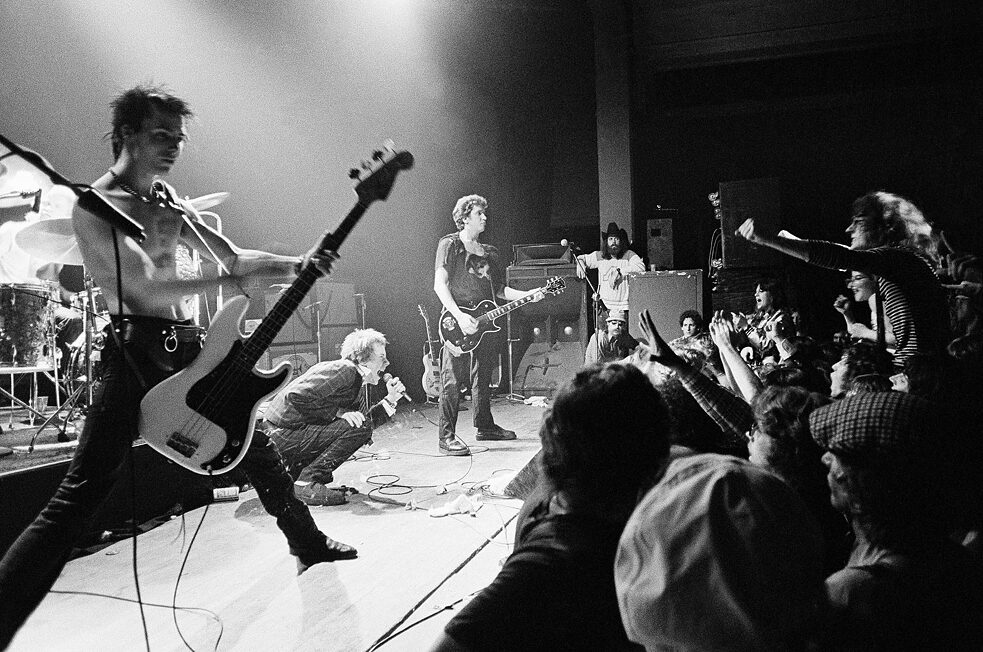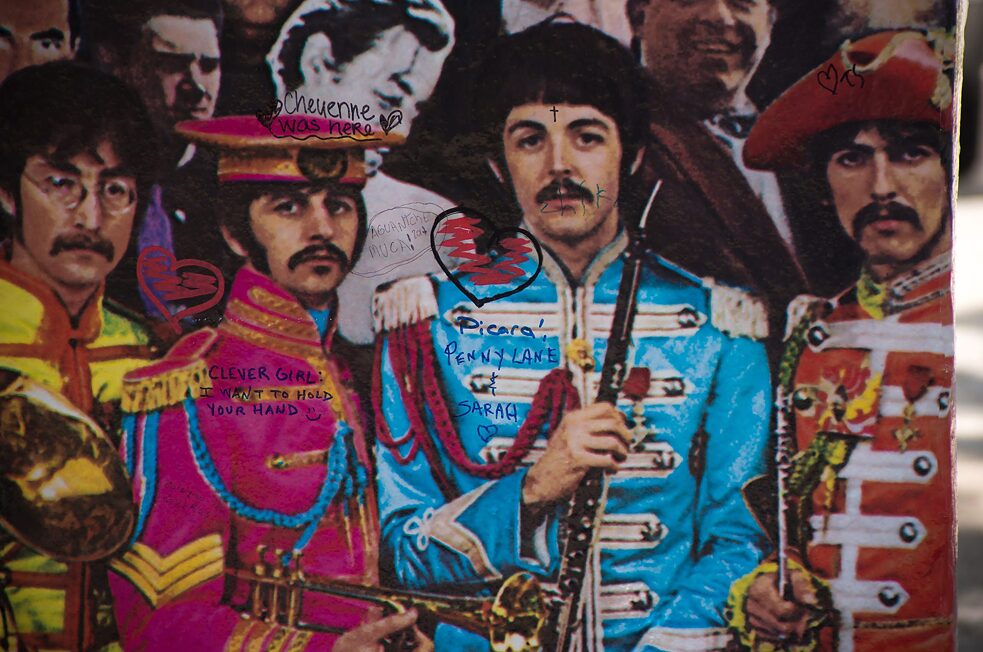Trust and Pop Music Fading dreams

It’s getting better all the time? Not anymore. Over the decades, pop music has lost faith in a blissful future. Lana Del Rey’s songs are a case in point. | © picture alliance / dpa | Manuel De Almeida
Queen, The Beatles, Lana del Rey: Pop songs are often about trust – in the Establishment, in others, in ourselves. Over the years, utopian faith has given way to dystopian distrust.
Trust in the future means looking forward to things to come with faith, with confidence, albeit with no guarantees, minimizing risks and complexity. Which is why pop songs tend to err on the side of caution: Im Zweifel für den Zweifel (Give doubt the benefit of the doubt), sing the German rock band Tocotronic, and many a songwriter would chime in. Stay critical, look before you leap and, as the Tocotronic song says, “when in doubt, tear up your own uniform” and start again from scratch.
The trusting feel safe and secure
Needless to say, not everyone sees things this way – in fact, it’s often the other way round. People who have faith – in their partners, a group, the government – tend to feel safe and secure. In Queen’s song We Are the Champions, powerless individuals unite to form an invincible community. The song has become a worldwide hit, especially at football matches, where it serves to bolster faith in the superiority of your own team. Triumphant fists are raised high as thousands of throats belt out the resounding refrain: “We are the champions, my friends / And we’ll keep on fighting till the end.”Lana Del Rey’s Video Games, on the other hand, is far more ambivalent. In a sighing melody that rises and falls with the mood of the lyrics, the singer describes a dusty American domestic idyll: Her homecoming beau “swings” into the backyard and opens a beer. She put on his “favourite sundress” and his “favourite perfume”. She has faith in his love and trusts him unconditionally: “Heaven is a place on earth with you,” runs the sanguine refrain. But the song’s pervasive melancholy casts doubt on the durability of this bliss. The woman lacks something crucial: self-confidence. And yet belief in one’s own abilities is a prerequisite for a career in the pop music business. If you’re worrying about failing as you take the stage, you’re already lost.
Suburban punks’ local pride
Punk lowered the self-confidence threshold considerably. In January 1977, just a few weeks after the Sex Pistols had released Anarchy in the UK, their very first single, a London fanzine filled up an empty page with three guitar chord diagrams and what was to become a legendary exhortation: “Now form a band.” Some musicians from Camberley, Surrey near London, heard the call and formed the band The Members. Their hit anthem, Sound of the Suburbs, tersely, loudly and lovingly describes the dreariness of their own London exurb, where aeroplanes begin their final descent to Heathrow just above the rooftops. It’s not the most idyllic place on earth, but The Members feel at home on their home turf, which is still a part of them as they are part of it.Trust is a must for survival in the viciously violent world described by New York rapper Nas in Trust. The song intertwines the dreary reality of his own adolescence with the fiction of countless gangster flicks, which rock each other back and forth to absurd heights. Nas raps about brutal gang wars that take a heavy toll time and time again. To make it in this dystopian demi-monde, you need a trusty crew to get your back: “I want a bitch I can trust, some n****s I can trust. Accountants lookin’ over my figures I can trust.” Without which, even the toughest gangster’s life is in constant danger. But don’t worry: Raps like this are mostly metaphors and verbal swagger. Nas himself has been living the pampered life of a pop star for some time now.




